Search Results
Showing results 1 to 20 of 20
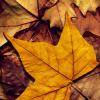
Shapes and Colors and Textures, Oh My!
Source Institutions
This is an activity about discovering the colors and beauty of nature. Learners will spend time outdoors, matching paint chip samples, colored paper, or colors of clothing to those found in nature.
What Causes Rainbows?
Source Institutions
In this activity, learners explore how and why rainbows form by creating rainbows in a variety of ways using simple materials. Learners create rainbows indoors and outdoors.
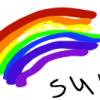
Light is Made of Colors
Source Institutions
Learners observe different light sources, outdoors and indoors, using prism glasses (diffraction glasses) and color filters.
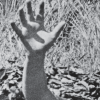
Leaf Living
Source Institutions
In this outdoor fall activity, learners find out what living in or under a layer of leaves is like.
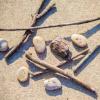
Making Music in Nature
Source Institutions
In this activity, learners will explore the ways natural materials can produce sounds. Appropriate for any age, learners can make individual music or create a symphony with others.
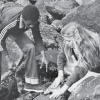
Rock Pioneers
Source Institutions
In this outdoor activity/field trip, learners investigate organisms that live along the ocean's rocky coast.
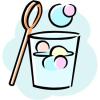
Why Are Bubbles So Colorful?
Source Institutions
In this activity, learners explore why they can see colors in bubbles and why they change.
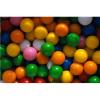
Make a Green Gumball Black
Source Institutions
In this optics activity, learners use a shoebox, colored cellophane and sunlight to "change" the colors of gumballs. Learners will be surprised when the green and blue gumballs appear black!
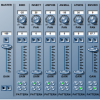
Sound Mixer: A Multi-track Mixer of Animal Sounds
Source Institutions
This is a virtual representation of a sound mixer containing pre-looped sounds of animal, insect, and environmental noises.
Splitting White Light
Source Institutions
In this optics activity, learners split white light into all its component colors using three household items: a compact disc, dishwashing liquid, and a hose (outside).
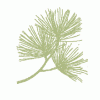
The Blindfolded Walk
Source Institutions
In this activity, learners work in teams to study the observation skills essential to scientific research.

Tiny Pants Photo Challenge
Source Institutions
In this activity, learners use a simple trick of perspective to dress friends in tiny cutout clothing. Learners make tiny pants out of card stock and tape them to the end of a stick.
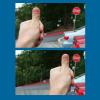
Experiencing Parallax With Your Thumb
Source Institutions
In this activity, learners investigate parallax, a method used to measure distances to stars and planets in the solar system.
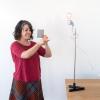
Polarized Sunglasses
Source Institutions
In this activity, learners explore how polarizing sunglasses can help diminish road glare.
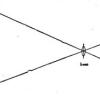
Bring it into Focus
Source Institutions
In this activity (page 2 of PDF), learners play with a lens and a piece of paper to focus an image on the paper. Learners look at different things, and see how the lenses affect the image.
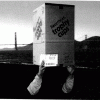
Personal Pinhole Theater
Source Institutions
Have you ever heard of a camera without a lens? In this activity, learners create a pinhole camera out of simple materials. They'll see the world in a whole new way: upside down and backwards!
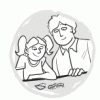
Take a Hike!: A Family Forest Walk
Source Institutions
In this family or group inquiry activity, learners use their senses to explore a local forest or woodland.
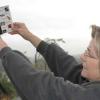
Ready to Observe: Enhance Your Telescope Experience
Source Institutions
This fun hands-on astronomy activity uses a variety of simple props to help learners understand why they see what they see in a telescope.
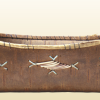
It's Natural
Source Institutions
This activity introduces learners to Native Americans as people who depended upon nature in the past and continue to emphasize the importance of nature in the present.
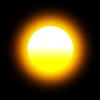
Oil Spot Photometer
Source Institutions
In this math activity related to light, learners assemble a photometer and use it to estimate the power output of the Sun.
